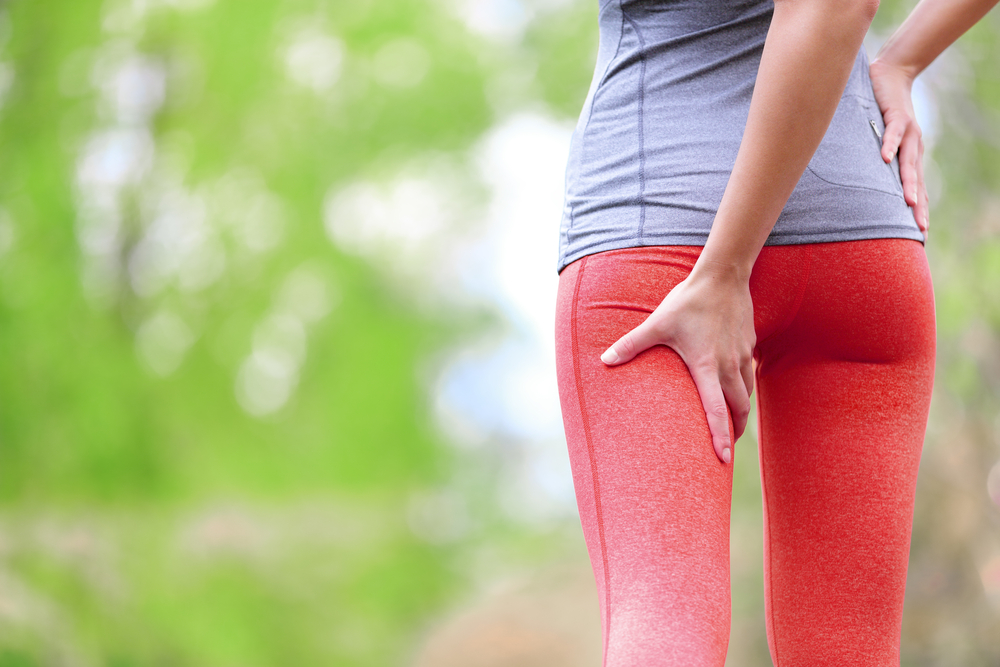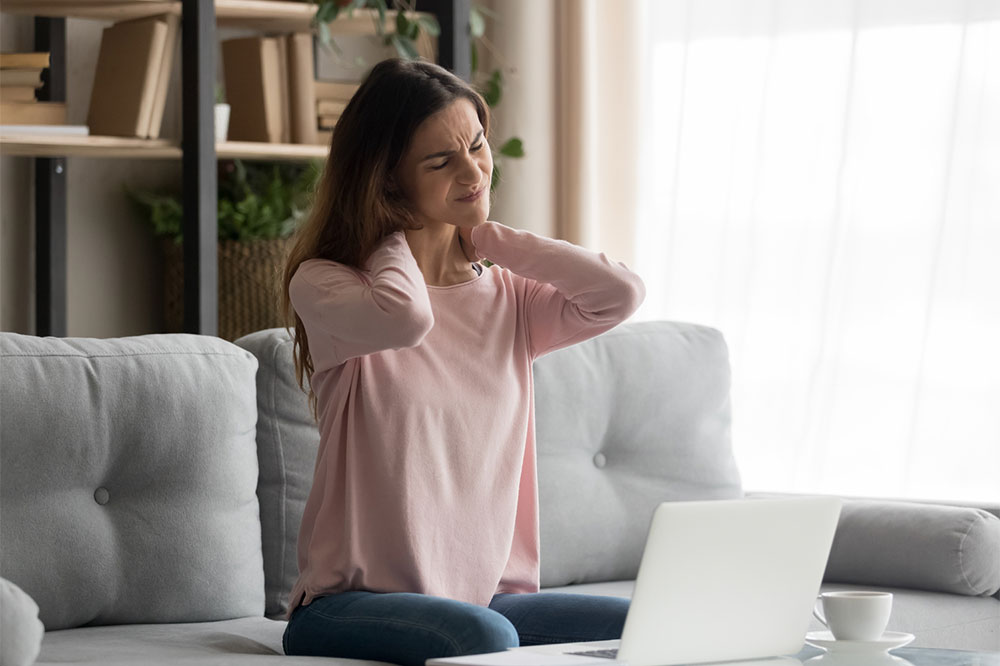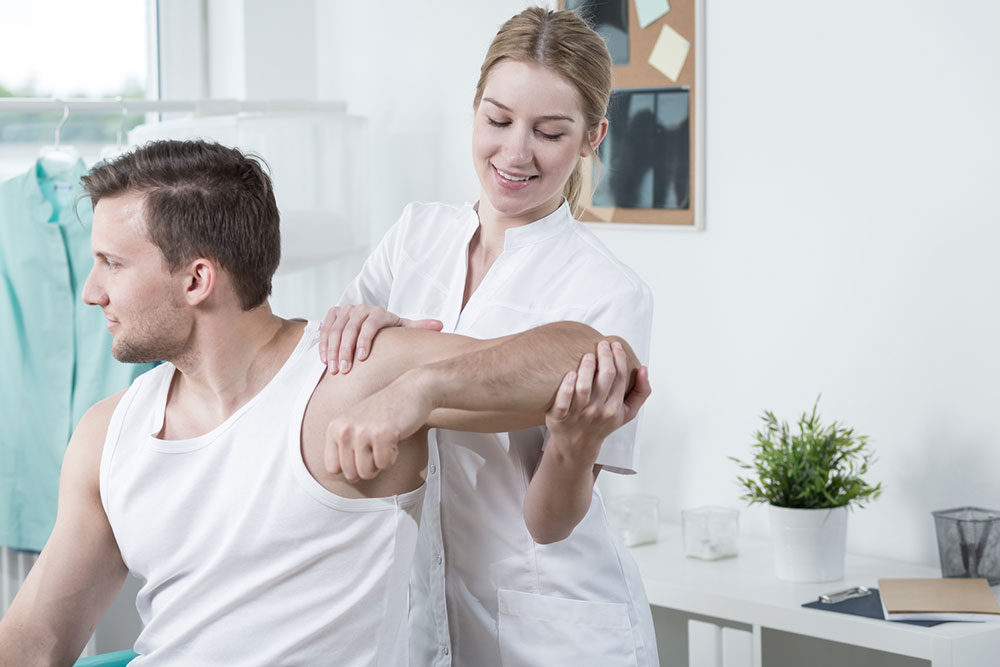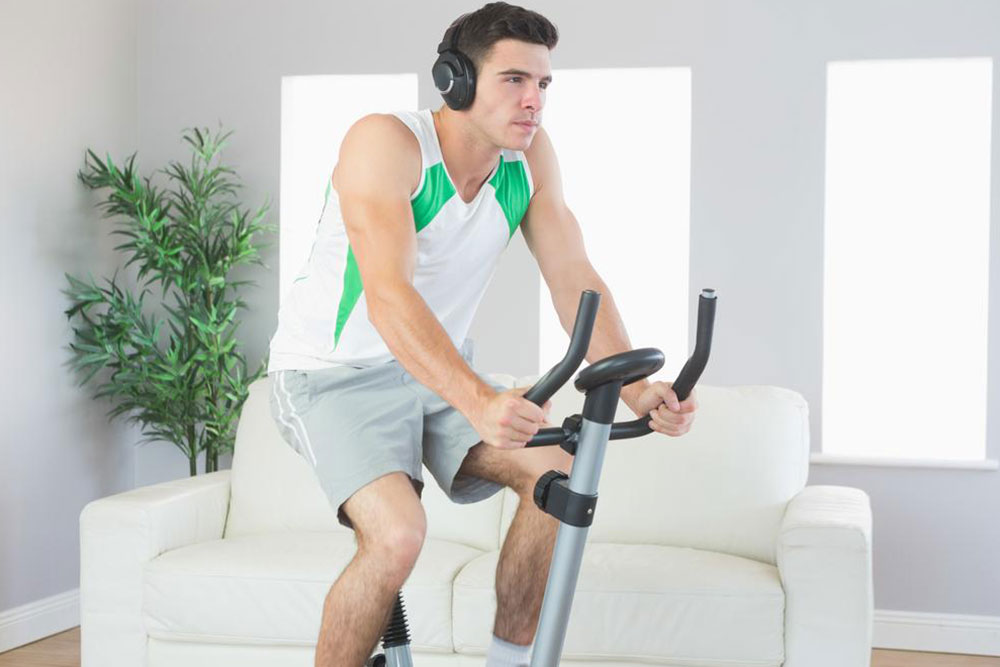Muscle Cramp Causes, Remedies, and Prevention Strategies
Muscle cramps are involuntary contractions that can cause discomfort and pain. This guide explores their causes, effective remedies, and practical prevention tips. Common triggers include overuse, dehydration, and mineral deficiencies. Treatments involve gentle stretching, hydration, and home remedies like heat application. Preventive measures focus on maintaining a healthy diet and hydration. Understanding these factors helps reduce the frequency and severity of muscle spasms, promoting better muscle health and comfort.

Understanding Muscle Cramps: Causes, Solutions, and Prevention
A muscle cramp is an involuntary and sudden tightening of a muscle that is difficult to relax. These spasms commonly occur in muscles involved in voluntary movements, such as the legs and arms, as well as those supporting posture, including muscles in the neck, back, and shoulders. During a cramp, the affected muscle may become visibly firm or tender due to uncontrollable contractions.
What causes muscle cramps?
Factors that often lead to cramps include:
Overexertion, muscle injury, or repetitive muscle use
Exposure to cold temperatures or water
Late-stage pregnancy due to mineral deficiency
Standing on hard surfaces for long periods
Poor sleeping positions affecting the legs
Prolonged sitting
Underlying health conditions like circulation issues, thyroid problems, multiple sclerosis, or kidney disorders
Mineral deficiencies such as calcium, magnesium, and potassium
Use of certain medications like diuretics, steroids, hormonal pills, statins, or antipsychotics
Dehydration leading to electrolyte imbalance and muscle fatigue
How to treat muscle cramps effectively
To relieve cramps, try these methods:
Gentle stretching and massage
Ensuring proper hydration
Seeking medical advice for persistent or severe cramps, potentially with medication
Home remedies for alleviating muscle spasms
Consider these easy at-home approaches:
Stretching and massaging the affected muscle
Applying heat or cold packs for relief
Taking vitamin B supplements to support muscle function
Avoiding strenuous activities to prevent overexertion
Allowing sufficient rest for recovery
Consuming pickle juice, which can sometimes quickly relieve cramps thanks to its salt content
Staying well-hydrated by drinking plenty of water
Preventive tips for muscle cramps
To minimize the risk of future cramps, follow these guidelines:
Maintain adequate hydration
Limit alcohol and caffeine consumption
Eat a balanced diet rich in essential minerals


